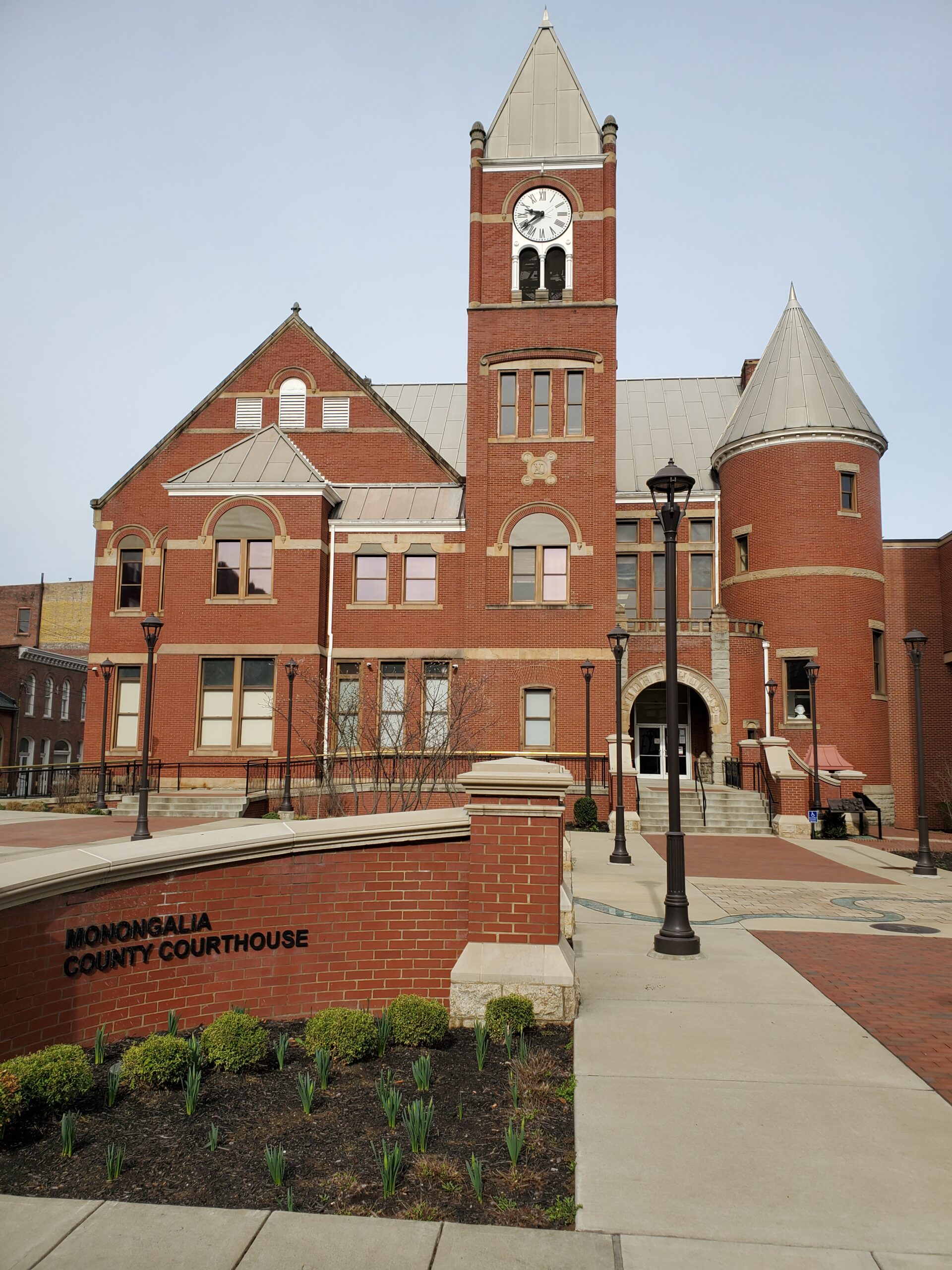MORGANTOWN — A Subdivision and Land Division Ordinance (SALDO) is ready for the Monongalia County Commission’s consideration.
In fact, save a few minor changes and clarifications, it’s been ready and available for review on the county’s website for about two years.
The question now becomes if and when the commission will take it up.
Following a presentation Wednesday from County Planner Andrew Gast-Bray, Commission President Sean Sikora said the body intends to produce a timeline indicating dates for a public hearing and potential adoption of the ordinance.
“At the end of the day I don’t know what the temperature is for this. I know I’ve just been wanting to have the conversation and there’s been so much resistance about even having that conversation. Every time we mention it in a meeting, I’ll start getting phone calls and texts about it,” Sikora said.
“It’s evident when you look across our county that there are plenty of examples of why something like this is necessary. We don’t want to take people’s rights away as far as what they do with their land. We’re just trying to help people plan better and we’re trying to do it in a sensible way.”
As has been reported, subdivision regulations have been an on-again-off-again topic for the county going back some 60 years.
Gast-Bray reiterated the point that regulating the subdivision of land is not zoning. That point, he added, has been made by the Supreme Court of Appeals for West Virginia.
“The principal difference is that subdivision ordinances regulate infrastructure and zoning regulations regulate land use,” he said. “Not the same thing.”
In other words, a SALDO doesn’t tell you what you can or can’t build on your land, but it will tell you what you must do to support what you build on your land.
“Subdivision regulations enable government bodies to ensure safe development by guaranteeing proper development of roads, storm water management, utilities, rights-of-way and other infrastructure needs,” Gast-Bray said. “It’s important that when we have development that it has the appropriate infrastructure, and that’s what the SALDO is intended to provide.”
As for the historic reluctance to move the issue forward, Sikora said he believes it comes down to multiple factors.
One, he said, is a fear of the unknown in a county that’s never had any type of regulation over development.
He also conceded that elections have played a role throughout the years as one of the three commissioners is always facing reelection.
“That does hurt the fortitude and willingness to bring it up because everybody is worried about it being used against you in the election. I think we need to do our jobs and let the chips fall where they may,” Sikora concluded.
Commissioner Tom Bloom agreed.
Bloom has filed as a candidate in the May primary. He’s seeking his third six-year term on the commission.
“Not at all,” he said when asked if he has concerns about taking this issue up with an election looming. “It’s an issue where some people want to hear it and some people don’t, but it needs to be dealt with one way or the other. I’m elected as a commissioner to make difficult decisions. I’ll look at all sides before I decide.”




